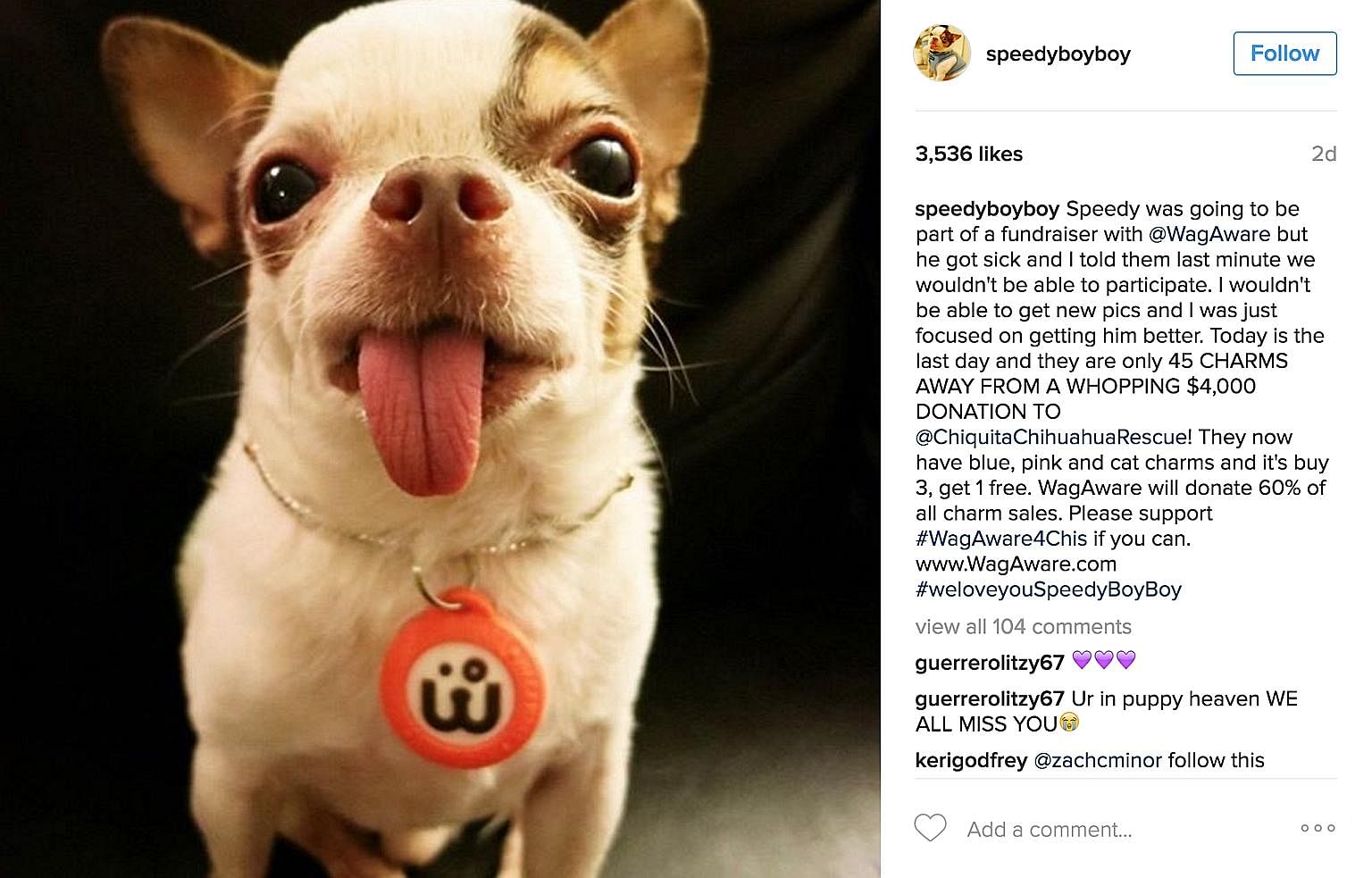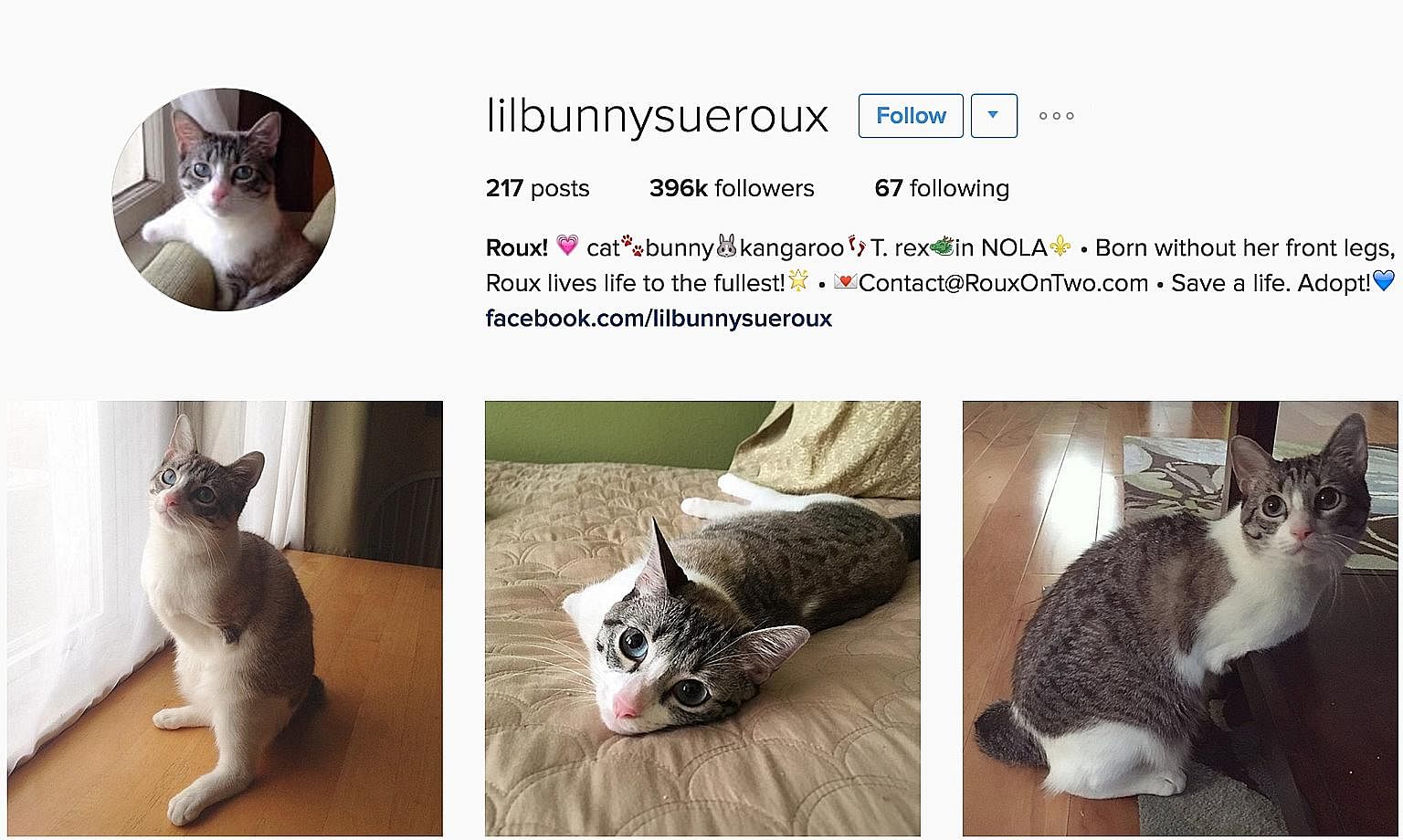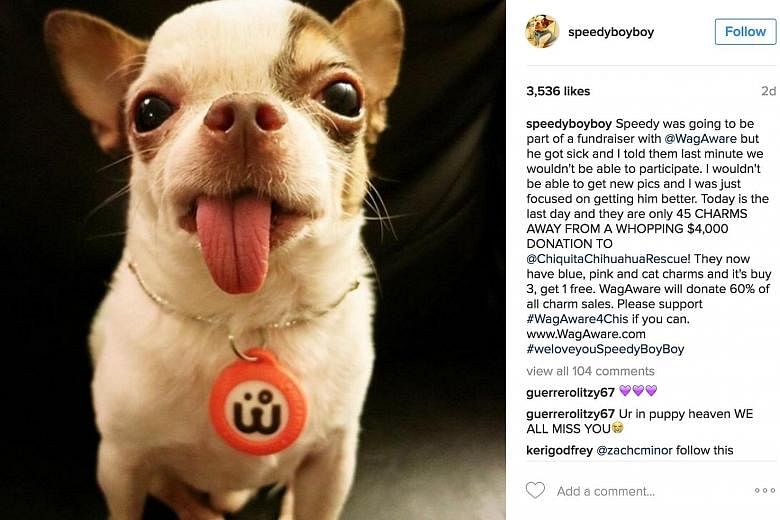HONEST OPINIONS
If you hear your favourite bloggers and influencers singing a slightly different tune from next month, it might be due to the latest guidelines (str.sg/4GfQ) from the Advertising Standards Authority of Singapore (Asas).
Aiming to increase transparency for consumers, Asas wants influencers to disclose their commercial relationships if they are being paid to market a product.
So, if a blogger goes gaga over a holiday to the Maldives that was paid for by a tour company, or a prominent personality swears by an organic detoxifying face mask for which she gets a tidy commission, the sponsorship should be prominently stated.
The rules, which kick in on Sept 29 after a month-long grace period, cover paid reviews, testimonials and straight-up endorsements.
The disclosure should be displayed as early as reasonably possible, says Asas. This means a caption on photos or videos, and in audible form on audio recordings. Hashtags #adv, #sponsored and #endorsed are encouraged.

On the "not allowed" list are reviews that mislead users into thinking they are from impartial sources, and fraudulent boosting of user engagement.
Examples of the latter can be the purchase of bulk "likes" to make a social media account seem more popular than it really is, or creating fake accounts to support a certain product or cause.

Another tactic that is discouraged is anti-competitive behaviour, which includes carrying out false campaigns to discredit competitors.
Last year, social media marketing company Gushcloud landed in hot water when it was revealed that several of its bloggers complained about the services of rival telcos as part of a promotion strategy for Singtel's youth mobile plan.
-
NOTABLE TRENDS
IPHONE 7: The trailer introducing Apple's latest iteration of its flagship product was the top video of the week on YouTube. It also trended on Twitter.
#GALAXYNOTE7: Another smartphone trended last week, but for very different reasons. The wide recall has certainly damaged the South Korean tech giant's image and bottom line.
YIP PIN XIU: The swimmer was the top search on Google as she clinched Singapore's second gold medal at the Paralympics.
The saga led to an apology from both the telco and the marketing firm.
Social media consultant Ryan Lim, who heads QED Consulting, says the new rules are timely, given how more companies are relying on "guerilla-sponsored" content for their marketing efforts.
"There has been a lack of a clear standard and ethical reference point in the past," he says. "Very often, commercially sponsored content is mixed with genuine reviews, thus making it difficult to discern between the two."
The new guidelines state that marketers who do not follow the rules will be told to amend their postings or risk getting their advertising space or payments withheld by agencies.
Asas, whose members include government agencies such as the Agri-Food and Veterinary Authority, and media owners such as Singapore Press Holdings, evaluates ads on a case-by-case basis and can ask media owners to withhold ad space from offending companies. In extreme cases, Asas will also publish details of its investigations, which might lead to negative publicity about that marketing company or influencer.
So will these guidelines make a difference? Very likely, but whether they will really take off depends on several factors.
First, they hinge on how closely Asas monitors the situation online, and how frequently or strictly it acts when complaints are made.
Some influencers, for instance, might choose to be more subtle in their messaging instead, or simply ignore the rules altogether until they get a warning. After all, saying you have been in bed with a product you have been touting for months can be problematic, especially if your persona is built on being upfront and honest.
It will also depend on whether popular bloggers toe the line, which will provide lesser-known or less experienced influencers a template to follow. Blogger Xiaxue, for instance, already uses the hashtag #sponsoredpost for paid posts.
While it is too early to tell if the new rules will spark a tidal shift in cyber honesty, it looks like things are finally looking up for consumers who might be too trusting of social influencers. And it's about time, too.
LOVE FOR ANIMALS
Animals are big on social media, easily rivalling their human counterparts in popularity and influence.
The Dogist, for instance, has 2.2 million followers on Instagram. Touted as a "photo-documentary series of the beauty of dogs", a recent post of a profile shot of a white samoyed walking along the streets of New York garnered almost 67,000 likes in 13 hours.
And it is not just the common ideals of beauty that are celebrated online. Less photogenic critters can also find an audience, especially if they have personality.
Roux is a cat born without front legs. In her profile, she is described as a "bunny and a Tyrannosaurus Rex". Her Instagram account has close to 400,000 followers.
MacGyver the Lizard, an Argentine Red Tegu, has been featured on several news sites, and has a website and a presence on at least six social media platforms.
Social media also gives people a cathartic outlet when things do not turn out so well for these animals.
On Sept 9, Speedy Boy Boy lost his battle against various illnesses. Described as a tiny pup who put up a big fight, the eight-year-old chihuahua was at first diagnosed with pancreatitis. A second opinion found that he had a foreign object lodged in his intestine.
A crowd-funder, set up earlier to help pay for medical bills, reached its US$12,000 (S$16,400) goal in less than 24 hours.
His owner Sabrina Gana is maintaining his social media presence as a way to deal with the grief of losing him. She is also using the increased visibility to raise awareness for other dog-related causes.


